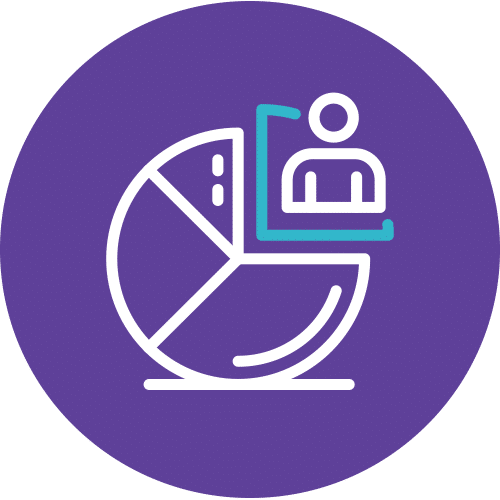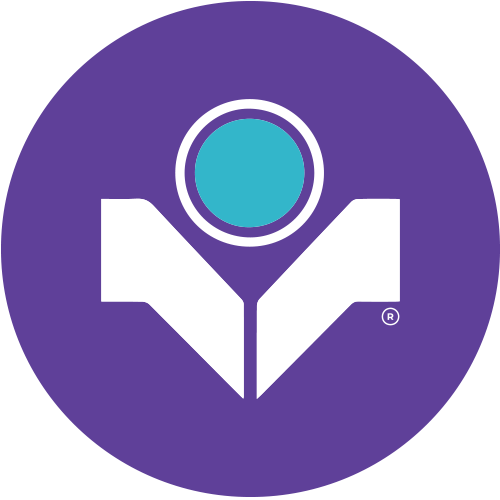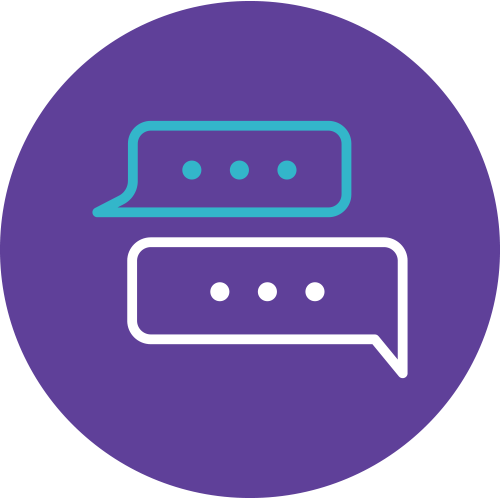Overview: Microsoft Power Platform Solution Architect
The Microsoft Power Platform Solution Architect prepares individuals for the critical role of designing, implementing, and overseeing successful solutions within the Power Platform ecosystem. As a Microsoft Power Platform Solution Architect, this course equips you with the essential decision-making skills required throughout the implementation process. You will gain expertise in crucial aspects such as security, integrations, and the architecture of both Power Apps and Power Automate. This comprehensive training ensures that you are well-prepared to handle the complex responsibilities of a Microsoft Power Platform Solution Architect.
By the end of the course, you will have a strong foundation as a Microsoft Power Platform Solution Architect, ensuring that the solutions you design meet both current and future business needs. This training provides you with the knowledge and skills necessary to guarantee that your implementations are robust, secure, and scalable. As a Microsoft Power Platform Solution Architect, you will be capable of leading successful projects and driving innovation within your organization, making you an invaluable asset in the Power Platform ecosystem.
Course Details
Duration: 3 days; /21 hours; Instructor-led/ remote online training
Audience
Senior Consultants (both functional and technical) that aspire to be Solution Architects, or current Solution Architects that are new to the role.
Prerequisites
Senior Consultants or current Solution Architects that are new to the role.
Methodology
This program will be conducted with interactive lectures, PowerPoint presentation, discussion and practical exercise.
Course Objectives
The Power Platform Solution Architect ensures that the solution meets the customer’s needs now and in the future. In this course, students will learn about decisions a Solution Architect makes during an implementation, covering security, integrations, Power Apps architecture, Power Automate architecture, and more. Power Platform Solution Architect is designed to give you an introduction to the Solution Architect role.
Outlines
Lessons
- Define a Solution Architect
- Role of a Solution Architect on projects
- Project Methodology
- Getting to know your customer
- Group exercise – Getting to know your customer
Lessons
- How to lead the requirement collection effort
- Using fit gap analysis
- Pillars of good architecture
- Blueprinting the solution architecture
- Group exercise – Design from requirements
Lessons
- Solution Architect’s role in project governance
- Techniques for keeping a project on track
- Scenarios that could cause a project to fail
- Group exercise – Project governance and working as a team
Lessons
- Key Microsoft Power Platform architecture components
- Understand how platform design and limits influence solution architectures
- Updates and feature releases
- Understand how to communicate how the platform meets customer needs
Lessons
- Data model influences
- Data model strategy
- Data types
- Data relationships
- Group exercise – Data modeling
Lessons
- Planning and evaluating requirements
- Operational reporting
- Power BI
- Enterprise BI
- Pre-built insights and custom AI
Lessons
- Discuss options for apps and how to choose where to start
- Discuss app composition options
- Using components as part of your app architecture
- Considerations for including Portals as an app in your architecture
- Group exercise – Power Apps Architecture topics
Lessons
- Microsoft vision and Solution Architect’s role in ALM
- Environment strategies
- Defining a solution structure for your deliverable
Lessons
- Discuss options for automation and custom logic
- Review considerations for using triggers and common actions
- Explore using Business Process Flows (BPF) to guide users through business processes
- Group Exercise – Evaluate scenarios for Power Automate usage
Lessons
- Solution Architect’s role in security modeling
- Discovery and learning your client’s environment
- Controlling access to environments and resources
- Controlling access to CDS Data
- Group Exercise – Security Modeling
Lessons
- Solution Architects role in Integrations
- What is an integration and why do we need it
- Platform features that enable integration
- CDS Event Publishing
- Scenarios for group discussion
Lessons
- Solution Architect’s role when deploying Dynamics 365 apps
- Architecture Considerations for primary apps
- Group Exercise – App specific working groups evaluate requirements
Lessons
- Introduction
- Chatbot options
- Chatbot concepts
- Best practices
- Integrate chatbots
- Power Virtual Agents in Microsoft Teams
Lessons
- Introduction
- Power Automate Desktop
- Recording and editing tasks
- Running desktop flows
- Process advisor
Lessons
- Solution Architect’s role with testing and go live
- Planning for testing
- Planning for go live










